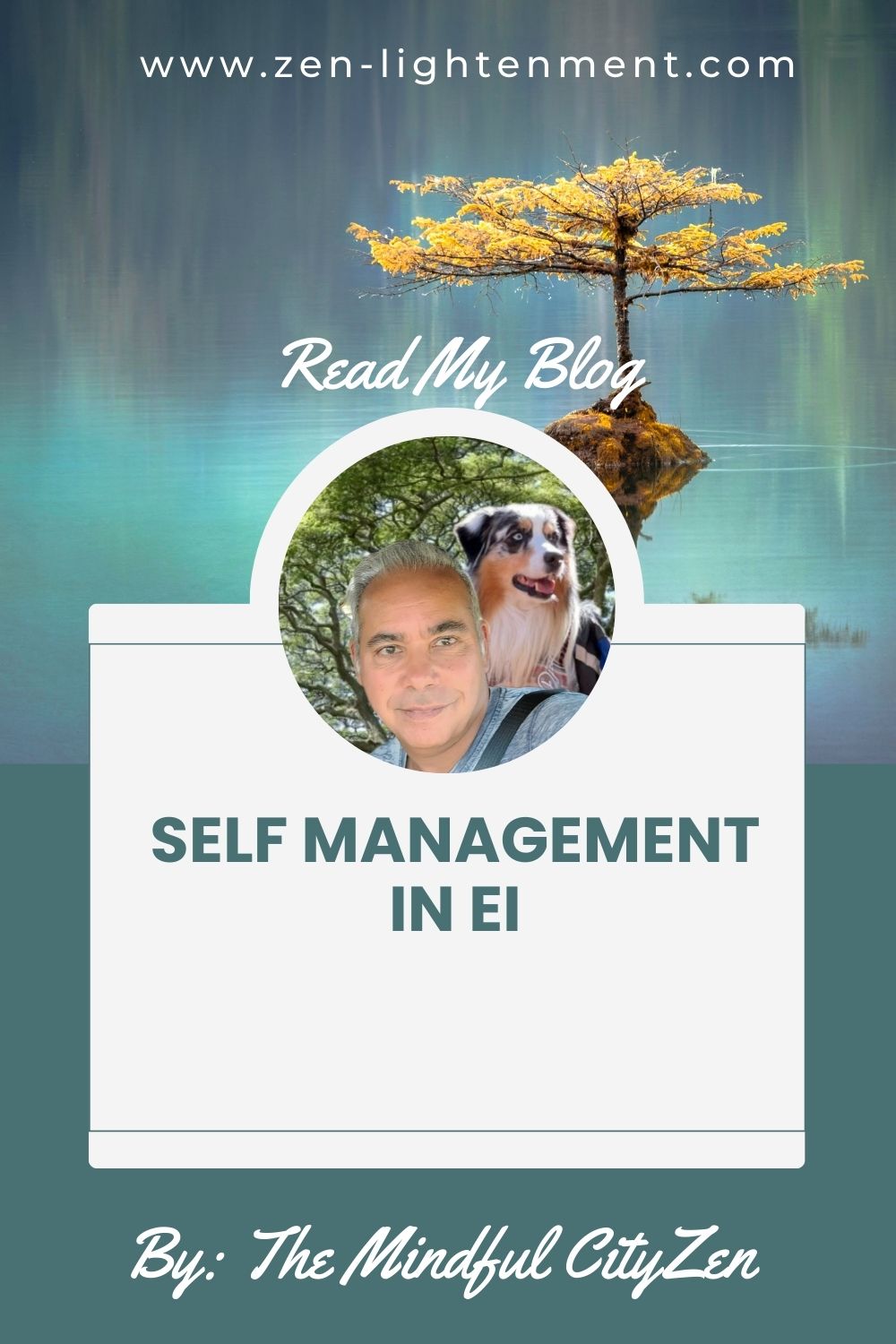Situational Awareness in EI
Emotional Intelligence Series: Part 2 of 5
Situational Awareness with Regards to Emotional Intelligence
Situational Awareness and Emotional Intelligence are two interconnected aspects that play a crucial role in your daily life. Situational Awareness refers to the ability to perceive and understand the environment around us, while Emotional Intelligence is the capacity to recognize and manage your emotions and those of others. In this article, we will explore how these two concepts are intertwined and how they contribute to personal growth and success.
The Link between Situational Awareness and Emotional Intelligence
Emotional Intelligence enhances Situational Awareness by enabling you to perceive and interpret emotional cues in different contexts. People with high Emotional Intelligence are more adept at recognizing and understanding their own emotions, as well as the emotions of others. This heightened self-awareness allows them to navigate through social situations with greater ease and sensitivity.
One key factor in the link between Situational Awareness and Emotional Intelligence is self-awareness. By being in tune with your own emotions, you can better understand how your emotional state impacts your perception of the situation. This self-awareness helps you identify biases, assumptions, and personal triggers that might cloud your judgment or hinder effective decision-making.
Furthermore, Emotional Intelligence equips you with the ability to manage emotions effectively. By recognizing and regulating your own emotional responses, you can approach situations with clarity and composure. This control over one’s emotions allows you to think more critically, respond appropriately, and make informed choices based on the given circumstances.
Enhancing Situational Awareness through Emotional Intelligence
Developing Emotional Intelligence can greatly enhance Situational Awareness. One way to achieve this is by fostering empathy. Empathy enables you to understand and appreciate emotions, perspectives, and experiences of others. By putting yourself in someone else’s shoes, you can gain a deeper understanding of the underlying dynamics in a given situation.
Active listening and observation are also essential components of Emotional Intelligence that contribute to Situational Awareness. By paying attention to verbal and nonverbal cues, you can gather valuable information about the context and adjust your behavior accordingly. Actively listening to others and observing their body language can provide insights into unspoken needs, concerns, or potential conflicts, thus allowing for a more nuanced response.
Moreover, Emotional Intelligence helps you control impulsive reactions and make rational decisions. By managing your emotions, you can avoid knee-jerk responses that might exacerbate conflicts or hinder effective problem-solving. Instead, you can take a step back, analyze the situation objectively, and respond in a manner that aligns with your long-term goals and values.
Benefits of Situational Awareness with Emotional Intelligence
Cultivating Situational Awareness through Emotional Intelligence offers numerous benefits in various aspects of life. Firstly, it improves communication and interpersonal relationships. By understanding the emotions and needs of others, you can tailor your communication style to be more effective and empathetic, leading to stronger connections and mutual understanding.
Additionally, the combination of Situational Awareness and Emotional Intelligence enables you to navigate conflicts and negotiations more successfully. By accurately assessing the dynamics and emotions involved, you can approach difficult conversations with sensitivity, find common ground, and work towards mutually beneficial resolutions.
Furthermore, developing Situational Awareness and Emotional Intelligence fosters effective leadership and decision-making skills. Leaders who possess these qualities can anticipate and respond to changes, inspire and motivate their teams, and make well-informed decisions in complex and uncertain situations. These skills are vital for success in both personal and professional realms.
Conclusion
Situational Awareness and Emotional Intelligence are inseparable aspects of personal growth and success. By developing Emotional Intelligence, you can enhance your Situational Awareness, enabling yourself to navigate through various social and professional contexts with ease. Understanding emotions, actively listening, and controlling impulsive reactions are key steps towards improving Situational Awareness. The benefits of cultivating these skills include improved communication, conflict resolution, and leadership abilities. Embracing the link between Situational Awareness and Emotional Intelligence is essential for personal and professional growth.
None of the information in my blogs posts should be considered, or accepted as professional advice. It is based on personal experiences, and is for reading purposes only.y


You May Also Like

How to Avoid Being an Annoying Tourist While Dining Abroad
June 6, 2024
Understanding Different Types of Collagen and Their Absorption
June 4, 2024